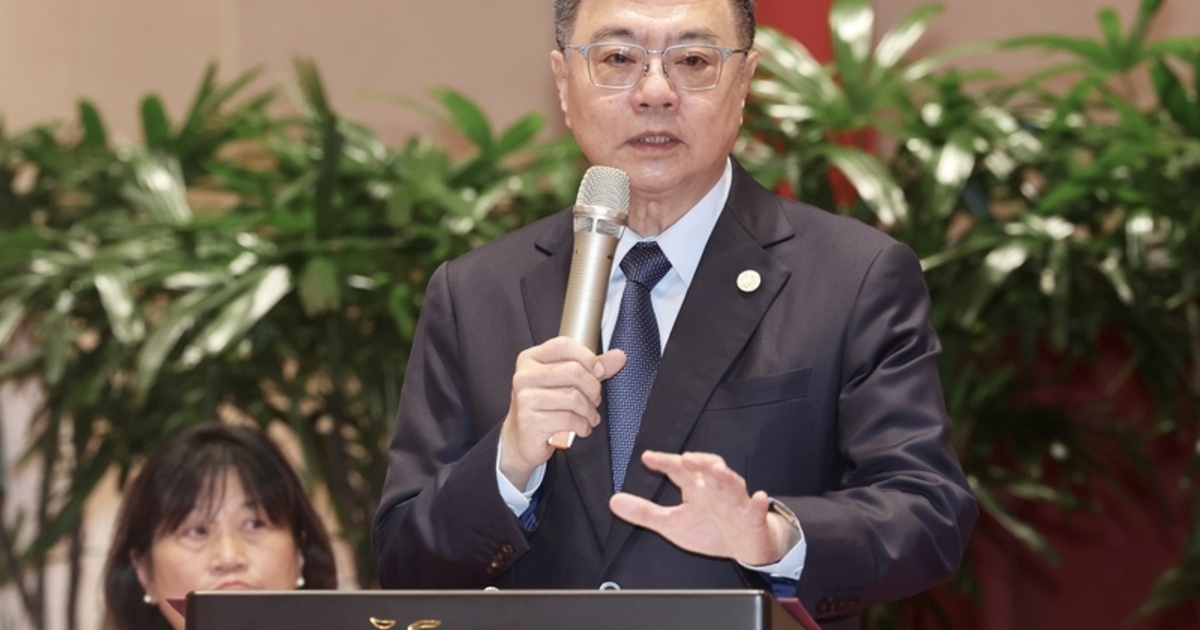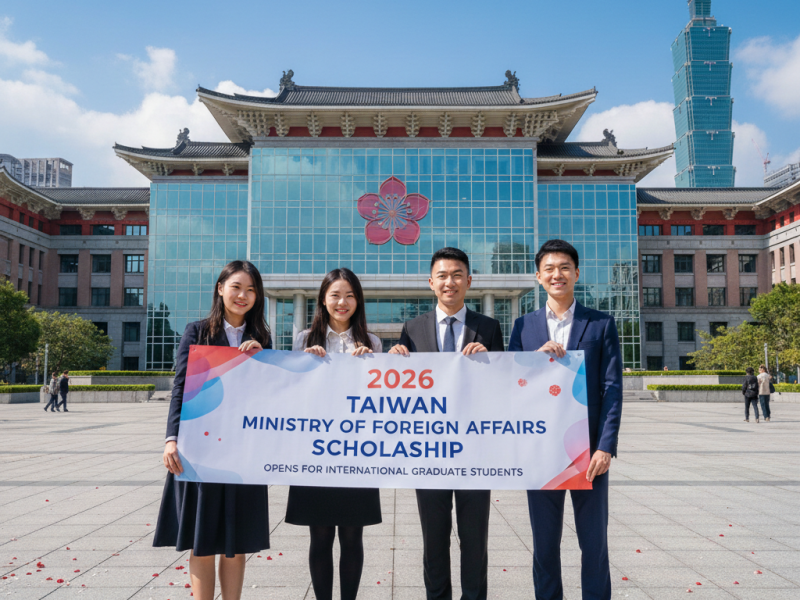TAIPEI, Taiwan — Premier Toh Jung-tai is under increasing pressure after announcing that distributing NT$10,000 in cash to every citizen would require the government to borrow funds—a move he admitted is weighing heavily on him. During a press conference earlier today, he expressed hesitation, citing fiscal responsibility. However, his remarks have drawn strong criticism from opposition lawmakers.
Kuomintang (KMT) legislator Hsu Chiao-hsin responded bluntly during an interview, accusing the Premier of misleading the public. “Is distributing cash really so hard, or is this just an excuse?” she questioned. Hsu referenced other nations’ responses to economic challenges, such as the United States, South Korea, and Singapore, which have provided direct financial aid to their citizens.
“Distributing NT$10,000 per person would mean NT$40,000 for a family of four—that’s real help,” Hsu argued. “If South Korea and Singapore can do it, why can’t we?”
She also criticized the Democratic Progressive Party (DPP) for allowing Taiwan Power Company (Taipower) to allocate NT$100 billion in funds, allegedly benefiting only a select few. “Is that money really going to frontline workers? Or is it just lining the pockets of those in power?” she asked.
Hsu further challenged the Executive Yuan’s refusal to implement the NT$10,000 aid plan despite previously discussing it under special regulations. She dared the government to seek a constitutional interpretation, using the long-standing old farmer subsidy as an example. “If you argue the subsidy amount can’t be included in the bill, does that mean all previous budget laws are unconstitutional?”
She warned that this line of reasoning could jeopardize future subsidies, particularly for elderly farmers who rely on them. “This manipulation of legal interpretation just to justify inaction is not only irresponsible—it’s deceptive,” she said. “The Executive Yuan is playing games with people’s livelihoods, and it’s deeply unfair.”
As the debate continues, public support for direct financial relief remains strong, while political tensions over the issue are intensifying.



